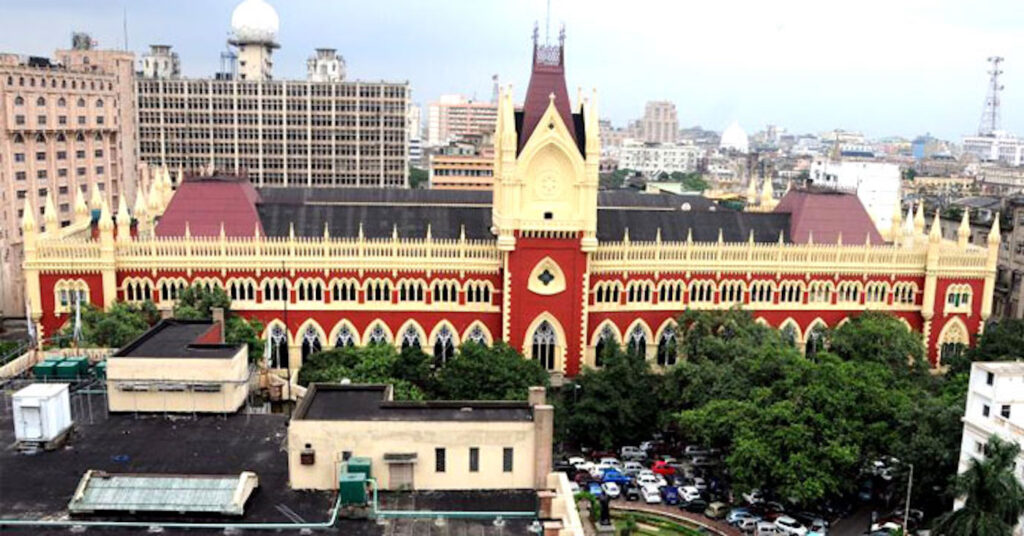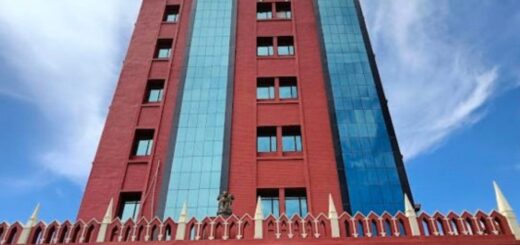Bigamy Charge Under Section 494 IPC Applies Only to the Husband Who Remarries, Not to His Second Wife: Calcutta High Court.

The Calcutta High Court has dismissed the criminal case brought by the first wife, stating that Section 494 of the IPC applies only to the husband who remarried, not to his second wife. The Court granted the second wife’s request to dismiss the charges against her under Sections 498A, 494, 406, and 506 of the IPC, as well as Sections 3 and 4 of the Dowry Prohibition Act, 1961. The Court determined that the charges did not apply to her since she was the husband’s second wife and not related to the first wife. Justice Shampa Dutt (Paul) explained that Section 494 of the IPC clearly states that the offense is directed at the person who remarries while still having a valid marriage.
The criminal case was based on a complaint from the first wife, who claimed that her husband and his family demanded dowry and subjected her to mental and physical abuse, and that he had married another woman and was living with her. The second wife argued for the dismissal of the case, stating that she was not related to the complainant’s husband and that the allegations did not pertain to her. The High Court pointed out that Section 494 of the IPC penalizes the act of remarrying while a spouse is still alive, emphasizing that the law applies only to the person who has remarried in a valid marriage.
The Court concluded that the actions related to the second marriage clearly apply to the husband of the complainant, but the charges against the petitioner do not seem to fit. The Bench noted that the other charges mentioned are also not relevant to the Petitioner. It added that the necessary elements for the offense under Section 506 IPC are absent concerning the petitioner. As a result, the High Court approved the Criminal Revision.
Cause Title: S v. State of West Bengal & Anr.
Appearance:
Petitioners: Advocates Sourav Mondal and Roni Mondal.
Respondents: Advocates Tanmoy Kumar Ghosh and M.F.A. Begg









